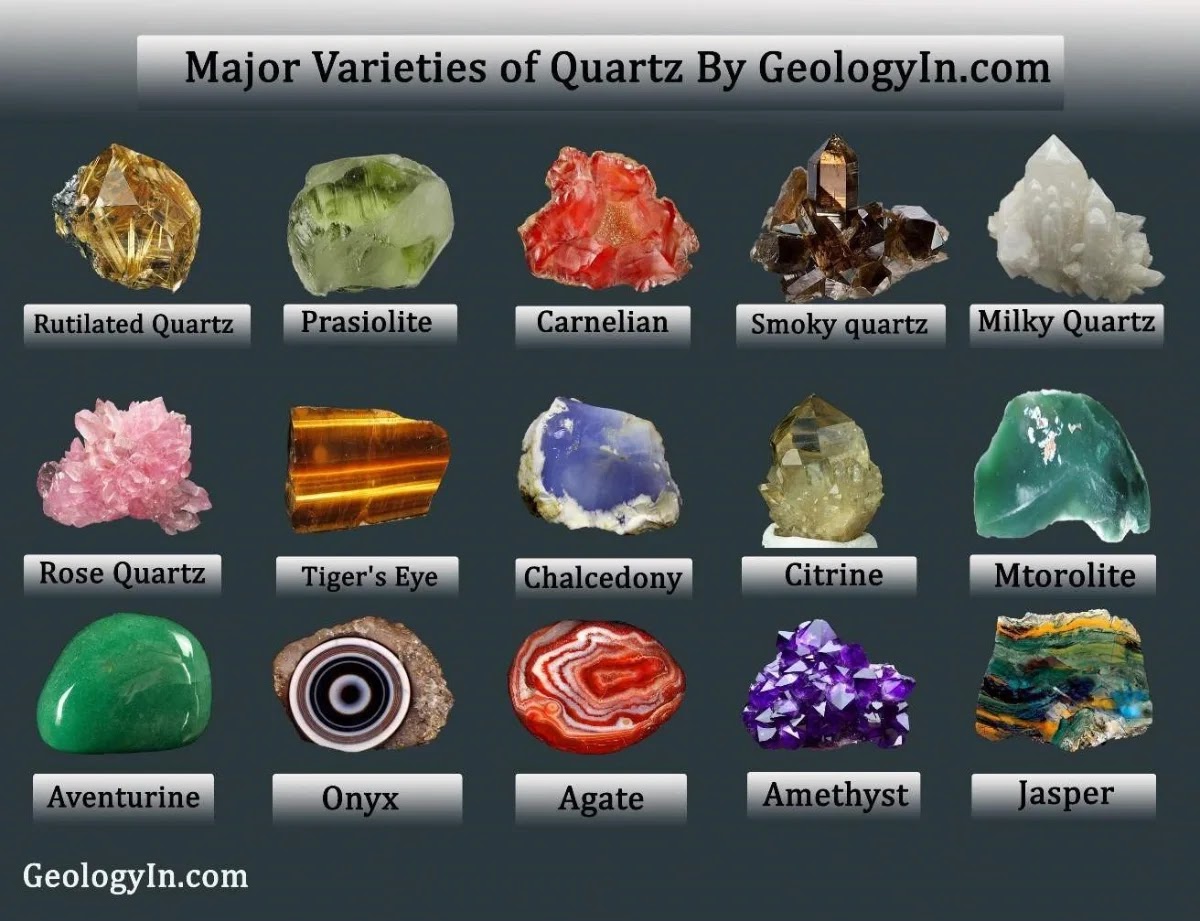Scientists gain supervolcano insights from Wyoming granite
 |
Laramie, WY: Granite Formation
|
But what do the subterranean magma chambers look like, and where does the magma originate? Those questions can't be answered directly at modern, active volcanoes.
Instead, a new National Science Foundation (NSF)-funded study by University of Wyoming researchers suggests that scientists can go back into the past to study the solidified magma chambers where erosion has removed the overlying rock, exposing granite underpinnings. The study and its findings are outlined in a paper published in the June issue of American Mineralogist, the journal of the Mineralogical Society of America.
"Every geology student is taught that the present is the key to the past," says Carol Frost, director of the NSF's Division of Earth Sciences, on leave from UW, where she is a professor in the Department of Geology and Geophysics. "In this study, we used the record from past to understand what is happening in modern magma chambers."
One such large granite body, the 2.62 billion-year-old Wyoming batholith, extends more than 125 miles across central Wyoming. UW master's degree student Davin Bagdonas traversed the Granite, Shirley and Laramie mountains to examine the body, finding remarkable uniformity, with similar biotite granite throughout.
"It was monotonous," says Bagdonas, who worked on the project with Frost. "Only minor variations were observed in granite near the roof and margins of the intrusion."
This homogeneity indicates that the crystallizing magma was generally well-mixed. However, more subtle isotopic variations across the batholith show that the magma formed by melting of multiple rock sources that rose through multiple conduits, and that homogenization was incomplete.
Studies of the products of supervolcanoes and their possible batholithic counterparts at depth are a vibrant, controversial area of research, says Brad Singer, professor in the Department of Geoscience at the University of Wisconsin-Madison. He says the research by Frost and her colleagues offers "a novel perspective gleaned from the ancient Wyoming batholith, suggesting that it is the frozen portion of a vast magma system that could have fed supervolcanoes like those which erupted in northern Chile-southern Bolivia during the last 10 million years.
"The possibility of such a connection, while intriguing, does raise questions. The high silica and potassium contents of the Wyoming granites differ from the bulk magma compositions erupted by these huge Andean supervolcanos. This might mean that the Wyoming batholith records the complete solidification of potentially explosive magma at depth, without the eruption of much high-silica rhyolite," Singer says. "Notwithstanding, this paper will certainly provoke a deeper look into how ancient Archean granites can be used to leverage understanding of the 'volcanic-plutonic connection' at supervolcanoes."
Large bodies composed solely of biotite granite are more common in the Neoarchean eon (2.8 billion-2.5 billion years ago) than in younger terrains. The reason may relate to higher radioactive heat production in the past, which provided the power to drive extensive granite formation, the UW researchers say.
The above post is reprinted from materials provided by University of Wyoming.

%20(1).webp)






